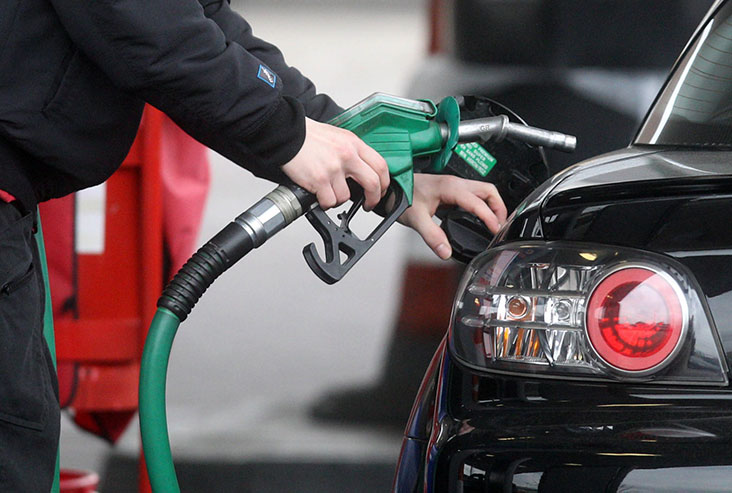Search Our Inventory

Replacement Engines
Used Rebuilt Remanufactured
Any Make And Model

Any Make And Model

With the rapid advancement of electric vehicles and the growing concerns about climate change, questions have arisen about the future of petrol cars. While it is true that electric cars have gained popularity and are considered a more sustainable option, it is premature to write off petrol cars completely. The transition to electric vehicles may take time, and there are still several factors that make petrol cars relevant in today's automotive industry.
Firstly, the existing infrastructure heavily favors petrol cars. Gas stations are widespread globally, making it convenient for drivers to refuel their vehicles on long trips or in remote areas. In contrast, the charging infrastructure for electric cars is still developing and is not as accessible as petrol stations. This disparity in infrastructure makes petrol cars a practical choice for those who frequently travel long distances or reside in areas with limited charging options.
Secondly, petrol cars have a longer range compared to electric vehicles. While electric cars continue to improve their battery technologies, they still struggle to match the range offered by petrol cars. This longer range capability makes petrol cars more suitable for individuals who require extensive travel without the need for frequent stops to recharge.
Furthermore, the production and manufacturing processes of electric vehicles have their own environmental impact. The extraction of rare-earth minerals used in batteries and the energy-intensive manufacturing processes contribute to carbon emissions. Although electric vehicles emit zero tailpipe emissions while driving, the overall carbon footprint throughout their lifecycle needs to be considered. Petrol cars, on the other hand, have seen significant advancements in fuel efficiency and emission reduction, making them cleaner and more environmentally friendly than ever before.
Additionally, the automotive industry relies heavily on petrol cars, and a sudden shift towards electric vehicles could have significant economic implications. Millions of jobs are directly or indirectly linked to the production, maintenance, and sale of petrol cars. This transition would require a massive restructuring of the industry, which may not be feasible in the short term.
However, it is crucial to acknowledge that the future of mobility is undoubtedly heading towards electrification. Governments around the world are implementing stricter emission standards and offering incentives to promote the adoption of electric vehicles. Technological advancements and declining battery costs are making electric cars more affordable and accessible to the average consumer.
In conclusion, while the rise of electric vehicles might overshadow the popularity of petrol cars in the long run, it is evident that petrol cars will continue to have a significant presence in the automotive industry for the foreseeable future. The existing infrastructure, longer range, improved fuel efficiency, and the economic impact of the transition all contribute to the ongoing relevance of petrol cars. However, as the world moves towards a more sustainable future, it is essential to embrace the transition to electric vehicles and support the necessary infrastructure development to facilitate this change.